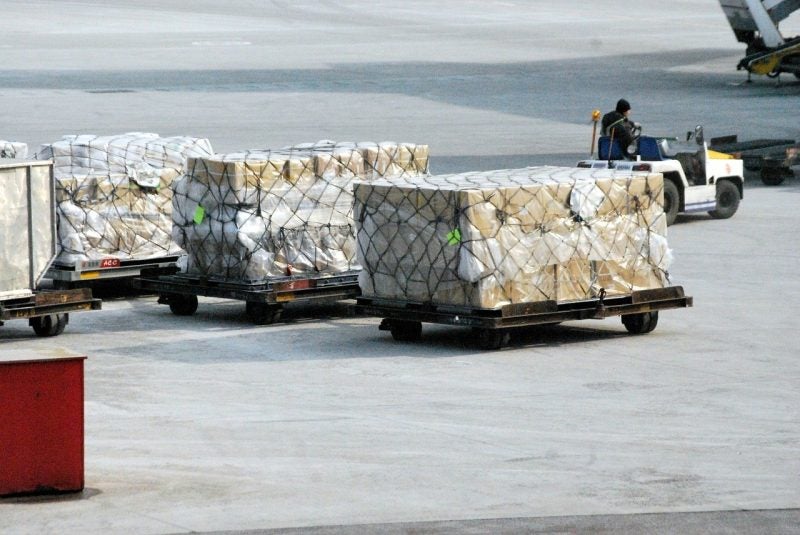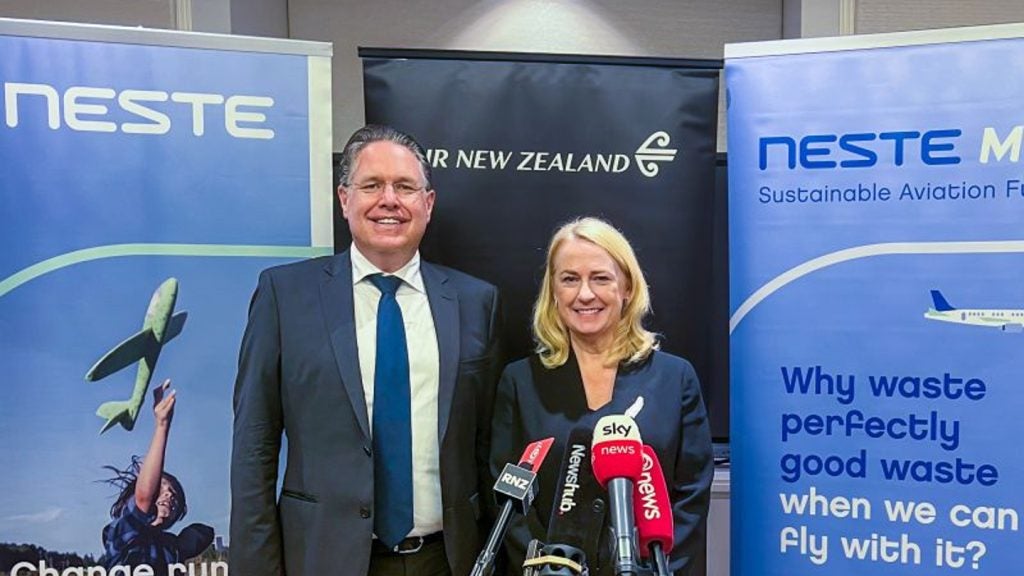
The International Air Cargo Association (TIACA) has cautioned that the air cargo sector in Africa may face a capacity shortage on European operations.
The African air cargo sector has experienced a decrease of 70% in capacity to Europe compared to last year, according to CLIVE Data Services.
TIACA stated that this drop in capacity is ‘very concerning’ as this sector provides people with basic necessities and essential medical equipment.
TIACA has urged institutional and private stakeholders to formulate an action plan to reduce the impact of this phenomenon.
TIACA vice-chairman and Astral Aviation CEO Sanjeev Gadhia said: “We are encouraging African airlines to respond to capacity requirements immediately, in particular by putting Passenger Freighter systems in place, such as those implemented by airlines, including Ethiopian Airlines, Kenya Airways, SAA and Rwandair.
“Collaboration and cooperation between African airlines across their respective fleets and networks are both essential so we can overcome the challenges we are facing.”
How well do you really know your competitors?
Access the most comprehensive Company Profiles on the market, powered by GlobalData. Save hours of research. Gain competitive edge.

Thank you!
Your download email will arrive shortly
Not ready to buy yet? Download a free sample
We are confident about the unique quality of our Company Profiles. However, we want you to make the most beneficial decision for your business, so we offer a free sample that you can download by submitting the below form
By GlobalDataFollowing the Covid-19 outbreak, the capacity of perishable export from Nairobi to Europe has dipped from 5,000t to 1,800t, severely affecting the Kenyan agriculture sector.
TIACA has asked the Air Cargo Community in Africa to formulate a ‘Recovery Plan’, which will help in sustaining the shocks of the pandemic.
Airlines, airports, handlers, forwarders and shippers will need to collaborate to ensure the recovery.
TIACA has stated that the African governments and civil aviation authorities (CAAs) need to implement measures that will aid the aviation sector and the economy.
TIACA noted that the measures should safeguard the sector from measures such as airport closures and quarantine of crews.
It also said that there is a need to standardise the requirements for crew quarantine.
Some other measures include lifting night bans and simplifying procedures for pharma and food cargo.





